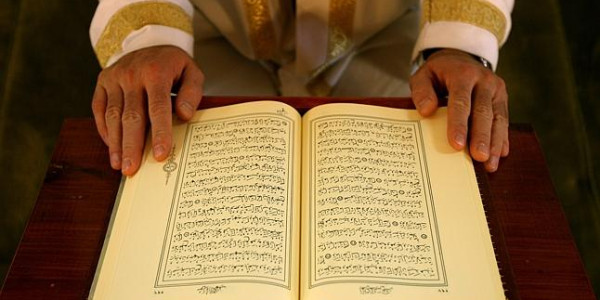PUBLISHED: 16 APR 2013 19:00:50 | UPDATED: 17 APR 2013 To avoid interest payments, Islamic finance structures favour physical assets that are often effectively bought by the investors. Photo: Ben Rushton SHAUN DRUMMOND The prospect of higher yield in Australia is driving Islamic investors Down Under just as it is the broader global investment community, but the focus on capital-intensive industries is adding to its appeal for this source of funds. Managers of two fledging Islamic funds set up in Australia in the past 18 months say they knew these factors presented opportunities, but they were still surprised by the level of interest from Islamic investors. Amanie Advisors’ Melbourne-based representative, Mark Darras, says he was virtually mobbed by Islamic banks and sovereign wealth funds on a trip to the Middle East in November. The Advisor has identified asset leasing as the best entry into the Australian market for Islamic investors as it is “very sharia compliant”, says Darras. The founder and chairman of Amanie, Mohd Daud Bakar, visited Australia on Tuesday to host the firm’s first Islamic investment forum in Australia which brought together Middle Eastern and Malaysian investors with Australian companies to discuss opportunities and what Australian companies would have to do to create the appropriate structures for investment. A private meeting between about 20 investors, primarily from the Gulf States, and about eight representatives of Australian companies was scheduled for Wednesday. SUKUK YIELDS NEAR RECORD LOWS Samar Madini, vice-president of fixed income and islamic finance products at Dubai-based SJS Markets, said a shortage of “safe” investment instruments and the growth in cash liquidity globally have pushed yields on Islamic bonds to near-record lows of less than 3 per cent for five years tenure. As a result, he expects more Western firms issue sukuk (Islamic bonds) to take advantage of the demand and the low rates. “We are already seeing Western institutions issuing sukuk, such as GE and Nomura and I expect more Western institutions are going to issue sukuk to attract the islamic banks, and other institutional investors.” Australian companies are also considering issuing sukuk in Malaysia . As well as prohibiting the payment of interest, sharia law doesn’t allow Islamic investors to put money into anything connected with gambling, alcohol, tobacco and pork products. To avoid interest payments, the Islamic finance structures favour physical assets that are often effectively bought by the investors, which then collect a lease off the issuers in lieu of interest payments. CLEAR GUARANTEES ON CASH FLOW WANTED Bakar says the funds being targeted in the Middle East needed to invest a minimum of $50 million and the primary areas in Australia that would be suitable would be financing asset leasing in aviation, infrastructure, mining, power plants and in the medical and pharmaceutical industries. He says they only have “soft commitments” from investors at the moment, but it is understood the first foray will be into aircraft leasing, with a possible $US107 million investment being discussed. “We help co-fund the purchase and then lease the aircraft on,” explained Darras. They are keen to invest in assets linked to companies with clear guarantees on cash flow, such as mining offtake agreements in India and China. “Investors are looking at the underlying economy, and production of this kind of assets in this country,” said Bakar. Sydney-based Crescent Wealth, meanwhile, is accelerating its push into introducing offshore Islamic institutional investors to Australian companies. Managing director Talal Yassine says both investors and issuers have shown interest, prompting the fund to accelerate plans beyond their present super fund directed at Australian Islamic investors, with their first official trip to see investors in the Middle East and Malaysia in May. SELF-MANAGED ACCOUNTS FAVOURED Bakar says his fund is “targeting a few sovereign funds and a few other dedicated funds”. Some want to put their money into a managed fund, but many favour a self-managed account because they want to show they are the direct owner of the asset, Bakar says. Bernie Ripoll, federal parliamentary secretary to the Treasurer, told the forum in Melbourne on Tuesday that the Labor government wants to reduce any barriers to Islamic finance in the country but that it was still considering the recommendations of a Board of Taxation review handed to the government last July. He said there were no “substantive” barriers at the Commonwealth level. One of the biggest impediments is state-based stamp duty on property transfers, which affects Islamic investments as they involve a transfer of assets into and out of special purpose vehicles in order to avoid interest payments.
Islamic Investors Chase Yield, Assets In Australia

This entry was posted in Dubai, Investment, investments, News, Property, Real Estate, Taylor Scott International, TSI, Uk and tagged cash, chat, dubai, egypt, financial, maralyn, markets, property, united-kingdom. Bookmark the permalink.







